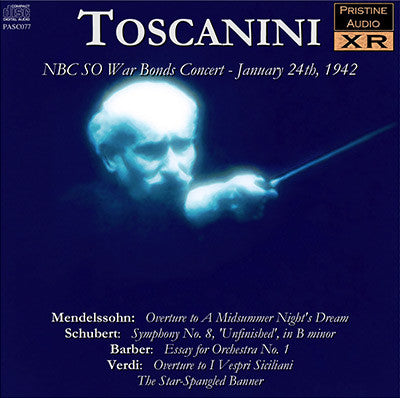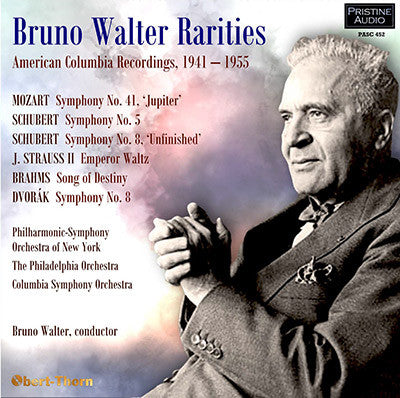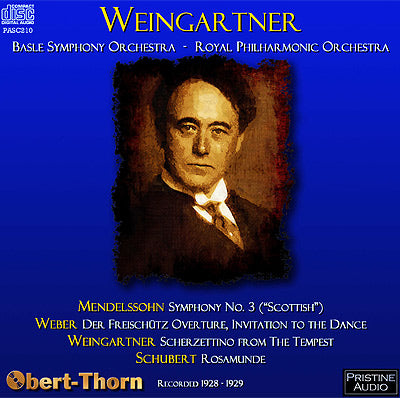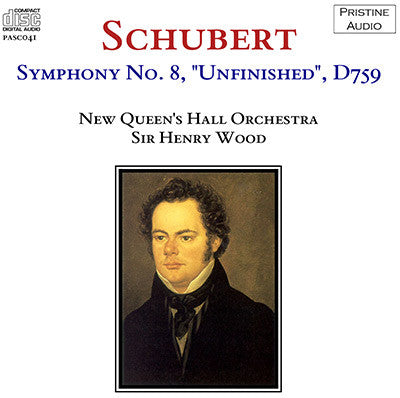Schubert
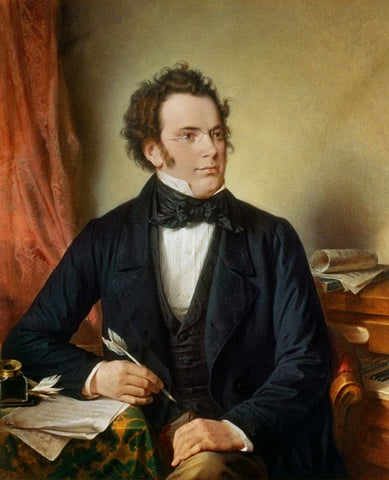
Franz Peter Schubert (31 January 1797 – 19 November 1828) was an Austrian composer. Schubert died before his 32nd birthday, but was extremely prolific during his lifetime. His output consists of over six hundred secular vocal works (mainly Lieder), seven complete symphonies, sacred music, operas, incidental music and a large body of chamber and piano music. Appreciation of his music while he was alive was limited to a relatively small circle of admirers in Vienna, but interest in his work increased significantly in the decades following his death. Felix Mendelssohn, Robert Schumann, Franz Liszt, Johannes Brahms and other 19th-century composers discovered and championed his works. Today, Schubert is ranked among the greatest composers of the late Classical and early Romantic eras and is one of the most frequently performed composers of the early nineteenth century.
Schubert was remarkably prolific, writing over 1,500 works in his short career. His compositional style progressed rapidly throughout his short life. The largest number of his compositions are songs for solo voice and piano (over 600). He also composed a considerable number of secular works for two or more voices, namely part songs, choruses and cantatas. He completed eight orchestral overtures and seven complete symphonies, in addition to fragments of six others. While he composed no concertos, he did write three concertante works for violin and orchestra. There is a large body of music for solo piano, including fourteen complete sonatas, numerous miscellaneous works and many short dances. There is also a relatively large set of works for piano duet. There are over fifty chamber works, including some fragmentary works. His sacred output includes seven masses, one oratorio and one requiem, among other mass movements and numerous smaller compositions. He completed only eleven of his twenty-stage works.

Schubert
Franz Peter Schubert (31 January 1797 – 19 November 1828) was an Austrian composer. Schubert died before his 32nd birthday, but was extremely prolific during his lifetime. His output consists of over six hundred secular vocal works (mainly Lieder), seven complete symphonies, sacred music, operas, incidental music and a large body of chamber and piano music. Appreciation of his music while he was alive was limited to a relatively small circl...
MENDELSSOHN Overture to A Midsummer Night's Dream
SCHUBERT Symphony No. 8, 'Unfinished', in B minor
BARBER Essay for Orchestra No. 1
VERDI Overture to I Vespri Siciliani
Recorded in 1942
Duration 51:09
NBC Symphony Orchestra
conducted by Arturo Toscanini
MOZART Two Minuets
MOZART Three German Dances
BRUCKNER Symphony No. 4
SCHUBERT Symphony No. 5
TCHAIKOVSKY Symphony No. 5
Total duration: 2hr 20:01
Live broadcast recordings, 1940
NBC Symphony Orchestra
conducted by Bruno Walter
SCHUBERT Symphony No. 5
SCHUBERT Symphony No. 8, ‘Unfinished’
J. STRAUSS II Emperor Waltz
BRAHMS Song of Destiny
DVOŘÁK Symphony No. 8
Producer and Audio Restoration Engineer: Mark Obert-Thorn
Total duration: 2hr 18:46
Philharmonic-Symphony Orchestra of New York
The Philadelphia Orchestra
Columbia Symphony Orchestra
Bruno Walter, conductor
SCHUBERT Symphony No. 9, "Great"
Recorded 1938
Duration 45:56
London Symphony Orchestra
Conductor: Bruno Walter
WEBER Der Freischütz - Overture
SCHUBERT Rosamunde, D797 - Entr'acte No. 3
WEINGARTNER The Tempest - Scherzettino
WEBER Invitation to the Dance
MENDELSSOHN Symphony 3
Recorded 1928 and 1929
Total duration: 58:41
Basle Symphony Orchestra
Royal Philharmonic Orchestra
Felix Weingartner, conductor
SCHUBERT Symphony No. 8 'Unfinished'
Recorded in 1923
Duration 12:43
New Queen's Hall Orchestra
Conductor: Sir Henry Wood
- Previous
- Page 13 of 13
-
Next

